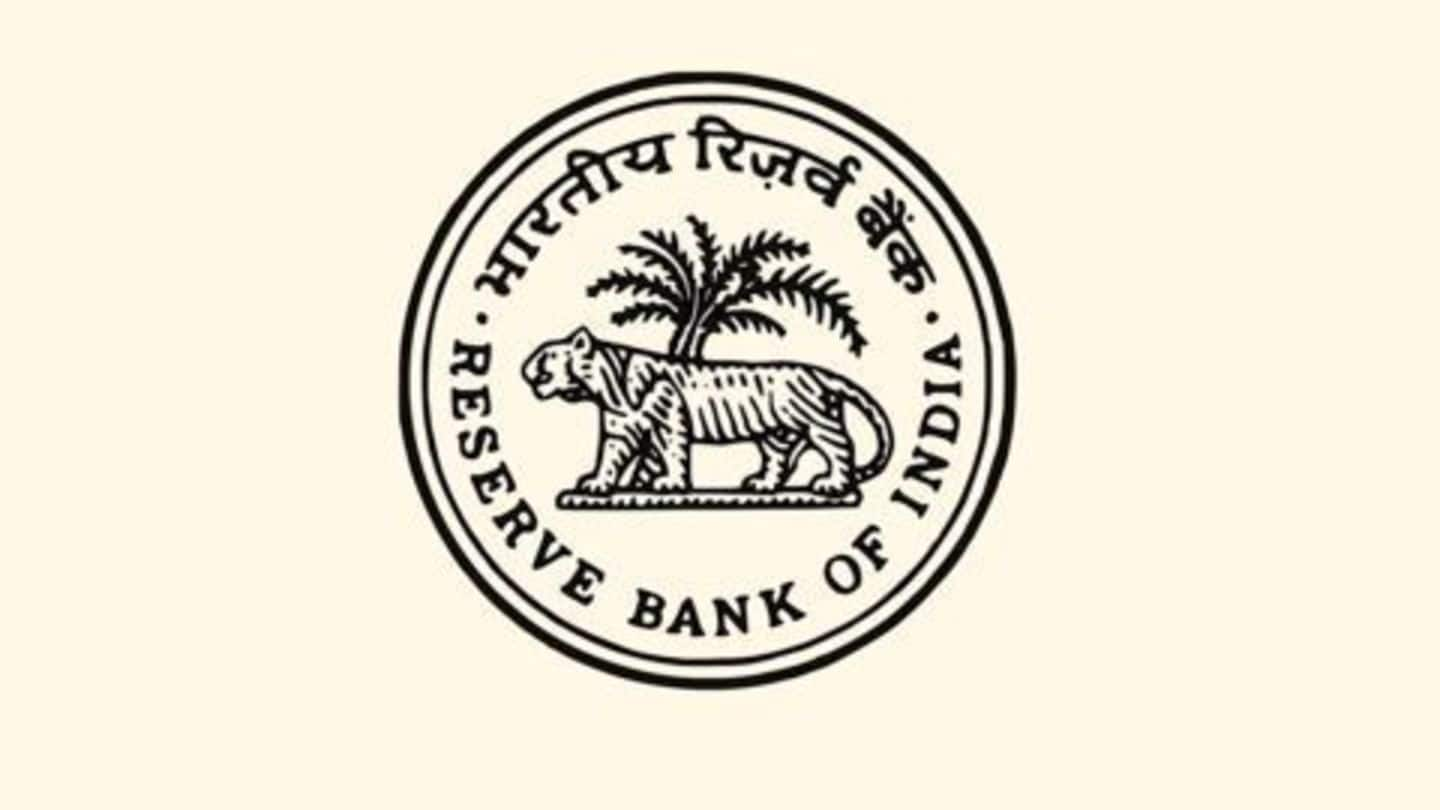
RBI's approval to restructure food credit given to Punjab
What's the story
The Reserve Bank of India (RBI) has approved the proposal to restructure food credit of Rs.30,000 crore allocated to Punjab. The amount is the difference between food stocks available in warehouses and loans granted to Punjab in the last decade. A State Bank of India-led consortium comprising 68 banks would convert the Rs.30,000-crore credit into a 20-year period loan at an 8.25% interest rate.
Introduction
What is food credit?
Banks disburse food credit to the Food Corporation of India (FCI) and other state government agencies for purchasing, stocking and distributing food grains. Earlier, the FCI used to pay the state agencies which then used to repay their dues. However, since 2014, the FCI started directly crediting the banks for the food grain purchases it made against Punjab's line of credit.
Information
SBI leads in disbursing the credit
The country's largest lender, the State Bank of India, leads in disbursing the food credit. The Reserve Bank of India assesses the quantum of food credit to be paid in a season along with the limit for each bank.
Apr 2016
Punjab food grain scam
A food grain scam in Punjab caused heavy losses; top lenders decided to stop lending to the state. The RBI had found that food grain stocks worth Rs.20,000 crore had gone missing from the FCI warehouses in Punjab. However, Punjab government denied RBI's claims of missing stocks and misuse of funds. The gap between the food stocks and the granted loan created a controversy.
Punjab's food credit
Punjab has the single largest share in food credits
As of Jun'16, the total outstanding food credit was Rs.1 trillion, a fraction of the Rs.72.9 trillion bank loans. The 'Grain Bowl of India', Punjab, reportedly had the single largest share in food credits. These loans that are disbursed to FCI and state procurement agencies are considered completely secure as the sovereign guarantee backs them. However, the Punjab episode has challenged such assumptions.
Quote
RBI Governor SS Mundra's statement
"While we are resisting the proposals during negotiations, state governments have to be extremely cautious as any irresponsible act on their part could have repercussions both for our arguments and also for instruments that can be treated as eligible under LCR (liquidity coverage ratio) framework."
Cash Credits
Banks' request to write-back provisions
Cash credits are short-term loans given to companies; usually, such credits attract higher interest rates. However, the SBI-led bank consortium will convert the credit into a 20-year long-term loan at an interest rate as low as 8.25%. The RBI has not yet agreed to the request of banks to write back provisions made against their exposure to the state procurement agencies in Punjab.
Sensitive Issue
Punjab issue, sensitive for banks
Indian banks set aside 21% of the deposits towards government bonds on their books in the statutory liquidity ratio form. The Punjab issue is sensitive for the banks as the state isn't in a healthy economic health. Punjab's liquidity crisis over a few years and highest RBI Ways and Means Advances (overdraft facility for states and centre) usage made the issue sensitive for banks.
Quote
Restructuring loans positive for banks
ICRA Senior Vice-President & Co-Head Financial Sector Ratings Karthik Srinivasan said: "Restructuring loans given to Punjab procurement is positive for the banking system as they will start accruing income on these loans. But such dispensations should not set a precedent for other states in future."